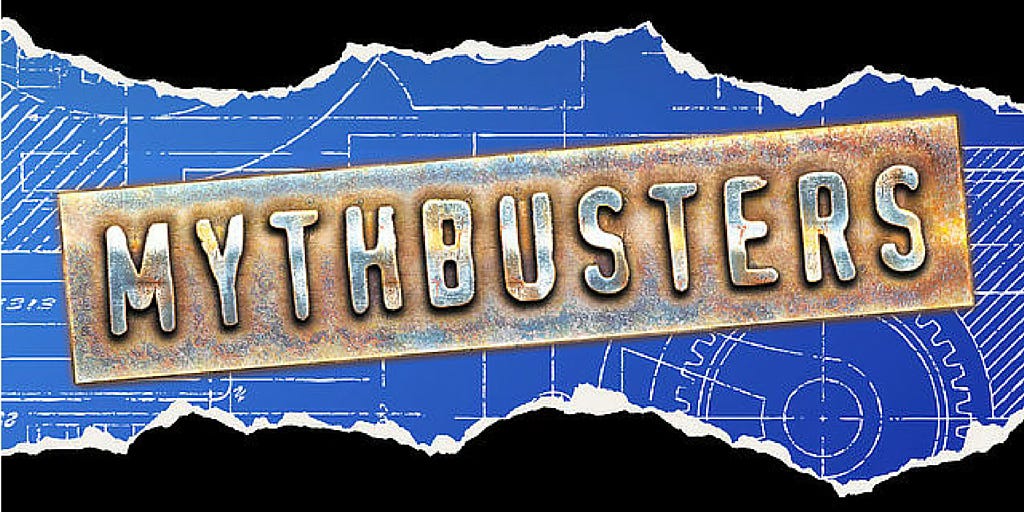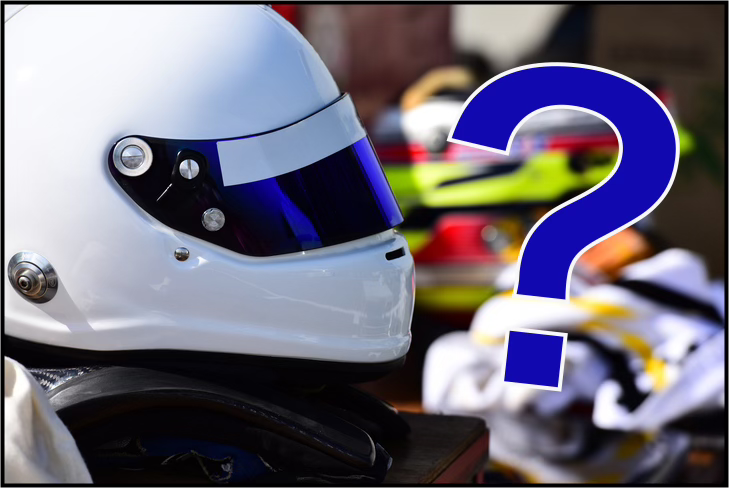We humans are weird. Every one of us. There are no exceptions.
Part of being weird is that we like certainty. Our brains don’t like to be empty (except, perhaps, in the case of a meditating Buddhist monk), so we fill them up with thoughts, ideas, and worries, even if they’re aren’t accurate—or even reasonable, at times.
We also have a fear of the unknown, and myths can replace the unknown with a known, even when they’re untrue or inaccurate. It’s like our brains are saying, “Hey, I’d rather have some nonsense up here than having nothing!”
When something is said (or written like I’m doing here), especially by someone with some level of authority (SPEAK LOUDLY and with conviction and you become an authority), and then it is repeated by others, it becomes reality. It can become a myth.
We often refuse to ask why, and dig into the reasoning for something, anything. Albert Einstein spent most of his life asking why, and he is recognized as a genius. Why? Because he asked why. Because he dug deeper.
Asking why, or even worse, understanding why, can upset our long-held beliefs. Beliefs are what make us do what we do and be who we are. They’re strong. And we don’t like it when our beliefs are challenged.
Having the beliefs we have is comforting. Without them we feel empty, confused, without direction, unknowing.
As I think and read about why we don’t like to dig into the why behind things, I realize that I’m looking for the why behind the why!
Following myths are easier than asking whether the myth is true or not. Our minds most often look for the easy way out. Assuming that a thing that someone has said is true and accurate is easier than doing the work yourself to find the truth.
For some reason, the written word is often given more strength and weight than the spoken word. That may have been due to the cost, effort, and support that being published once took. If something was published, it must be true, right? Of course, anyone can write and publish anything, anytime, anywhere these days. Just look at me for proof!
The definition of a myth, according to the Oxford Dictionary: “A traditional story, especially one concerning the early history of a people or explaining some natural or social phenomenon, and typically involving supernatural beings or events; or, a widely held but false belief or idea.”
So, is a myth true and accurate, or not? As far as I’m concerned, not necessarily. Some things that are considered myths are true and accurate. But some are not. And some are plausible. That’s the difficulty: knowing what is and what isn’t true. I consider it my “job” to dispel the untrue ones.

In the performance and race driving world, here are just a few strongly-held views and opinions that may or may not be myths:
As I said, some of these are true and accurate, some or not, and others are somewhere in the middle. I’ve written and posted a number of “myth-buster” articles here, and will continue to do so. In doing that, I’ll be asking why, and I encourage you to do so, as well.
Let’s play a little game: Tell me, how many of the statements on the list above do you think are untrue myths? How many are accurate and true? Which ones? And who says they’re true?

Finally, ask yourself why you do what you do, and whether it’s simply because that’s what many people believe to be true, and/or it’s just the way it’s always been done. Ask yourself why?
